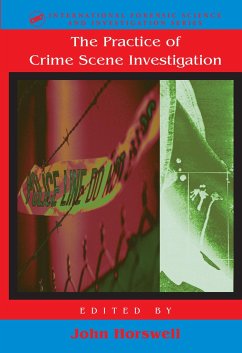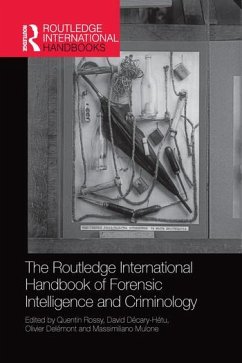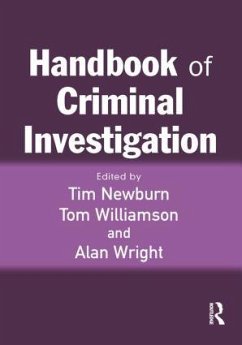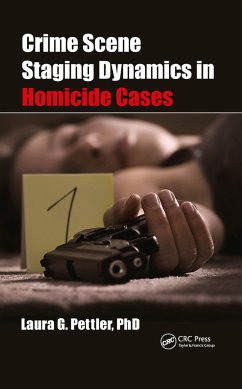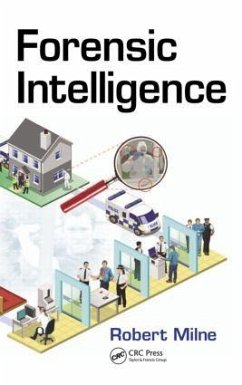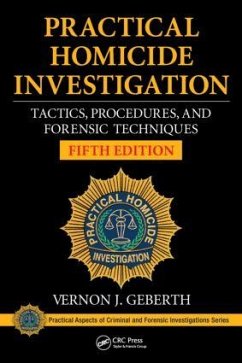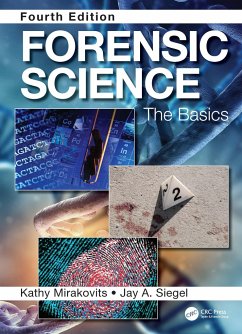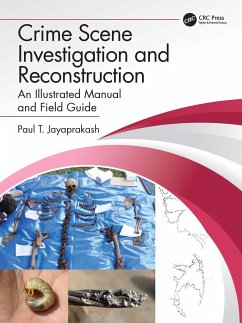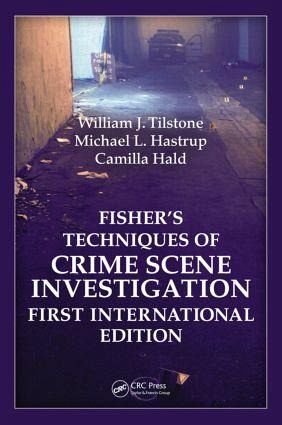
Fisher's Techniques of Crime Scene Investigation First International Edition
Versandkostenfrei!
Versandfertig in über 4 Wochen
247,99 €
inkl. MwSt.
Weitere Ausgaben:

PAYBACK Punkte
124 °P sammeln!
Focuses on the scientific and analytical investigations undertaken by police forces and other agencies, at the crime scene and in the laboratory. This book includes case studies, applicable law and investigative procedures that are geared toward UK proceedings.




